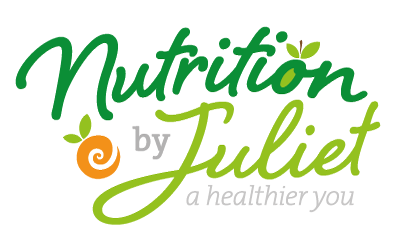
If you have been diagnosed with IBS you are not alone – it is very common with approximately 11% of the population experiencing symptoms. Symptoms can be varied, but usually include issues with bowel movements, bloating, wind and abdominal pain which is usually relieved by a bowel movement. Not everyone experiences diarrhoea, some experience constipation and others have a mixture of both constipation and diarrhoea. As symptoms of IBS can be similar to those of other medical conditions, it is important to see your GP to rule out other causes of your symptoms before a diagnosis of IBS can be made (for example coeliac disease or inflammatory bowel disease).
Causes of IBS
There is no definitive answer to this as there are multiple causes and every body is different. For example the diarrhoea predominant type may sometimes occur after an infection like a tummy bug or food poisoning (post infectious IBS). Constipation may be caused by a lack of fibre and/or hydration in the diet, or sometimes other factors such as toileting habits play a role. Some people may have visceral hypersensitivity, which is an increased sensation of pain in the intestines when digesting food. Unsurprisingly lifestyle factors such as stress or eating whilst on the run can impact digestion and trigger symptoms in some people. Sometimes certain medications or supplements may trigger IBS like symptoms too.
What about food intolerances?
It is possible that certain foods can cause IBS symptoms in some. In particular, a group of foods high in FODMAPs is thought to contribute to symptoms in some people with IBS. High FODMAP foods are those high in certain sugars and fibres which feed the bacteria in the gut, the microbiome. Examples are the lactose sugars found in dairy products, fructose found in honey and high in certain fruits, fructans and galacto-oligosaccharides found in fruits, vegetables, grains or legumes like onion, garlic, wheat, or chickpeas as well as polyols found in fruits and some artificial sweeteners. Many of these are healthy foods and a well-nourished microbiome is important for our health, so it is not recommended to exclude all high FODMAP foods long term. A nutritional therapist can support you in identifying which, if any, of the many high FODMAP foods might be triggering your symptoms, and how to have as healthy a diet as possible while going through the process of identifying triggers.
As IBS symptoms are thought to be influenced by complex interactions between the gut microbiome, the brain and the diet, a nutritional therapist can advise on diet and lifestyle approaches to improving gut health. If you are interested in finding out more, do not hesitate to get in touch.
References
Canavan, C., West, J., Card, T., 2014. The epidemiology of irritable bowel syndrome [online]. Clinical Epidemiology, 6(1), p.71. Available at: /pmc/articles/PMC3921083/ [Accessed 28 April 2023].
